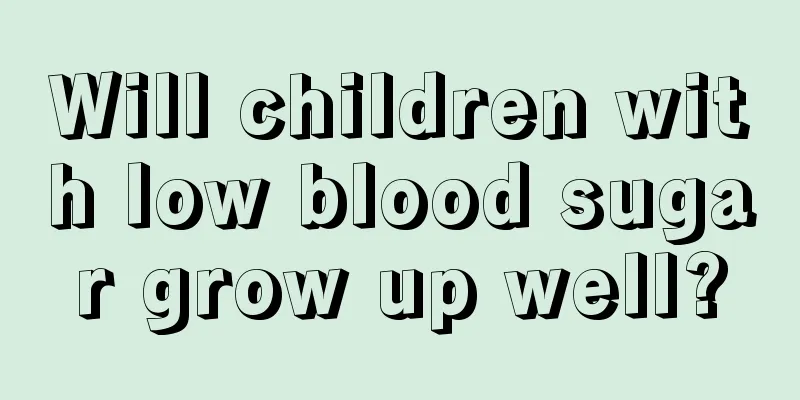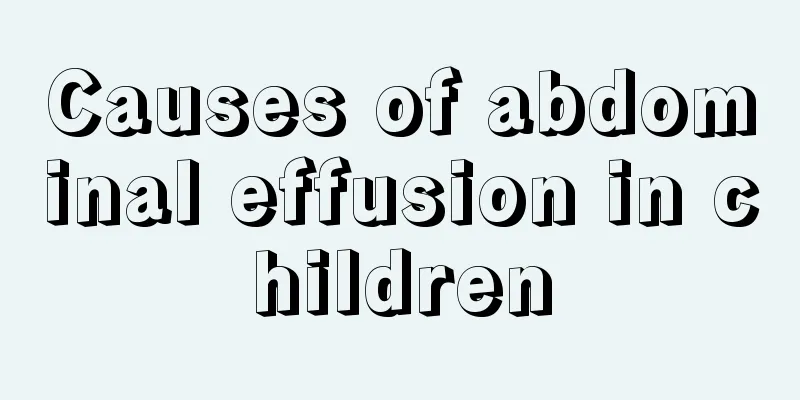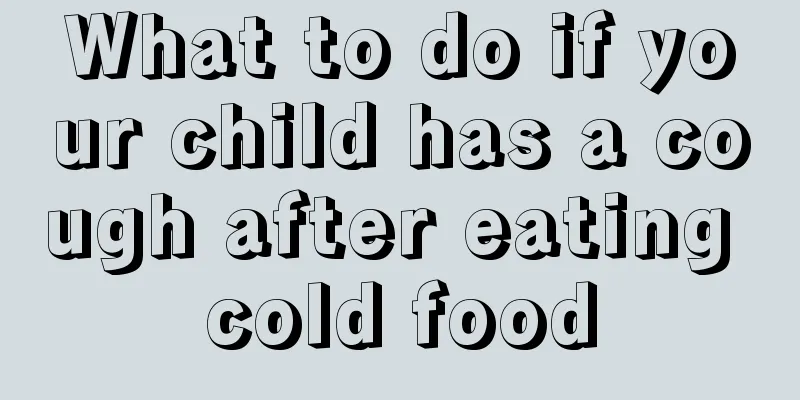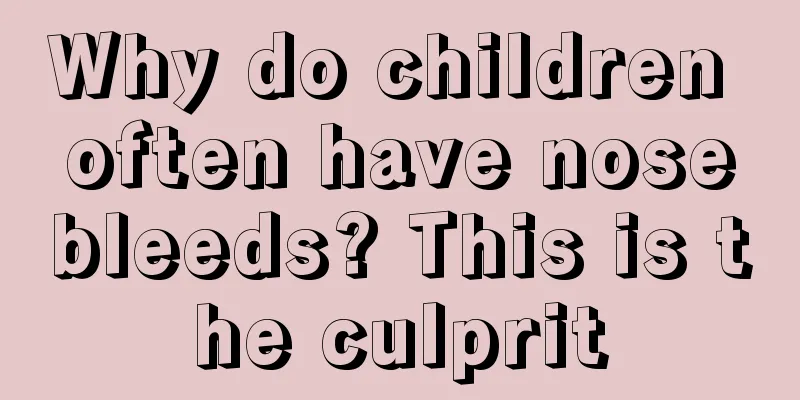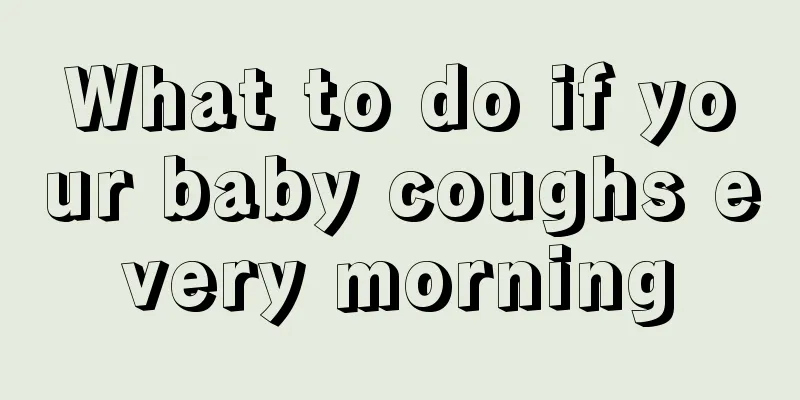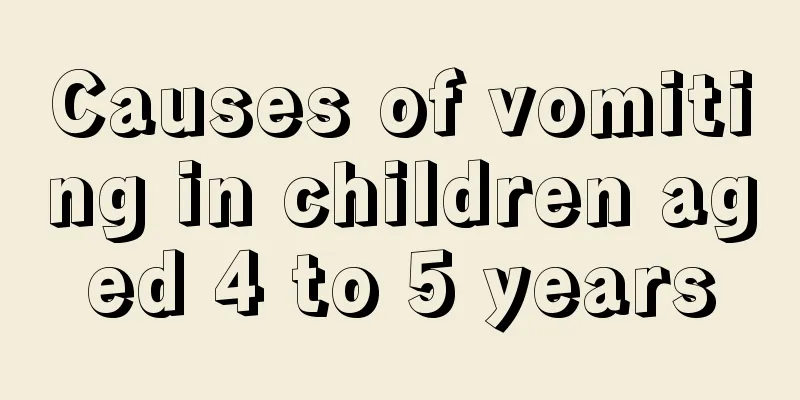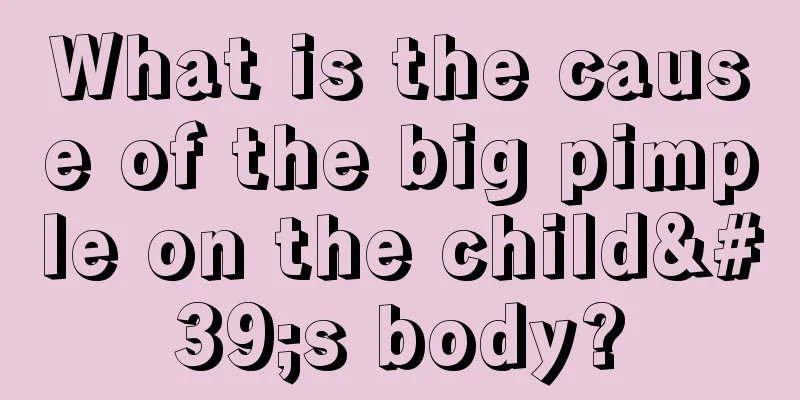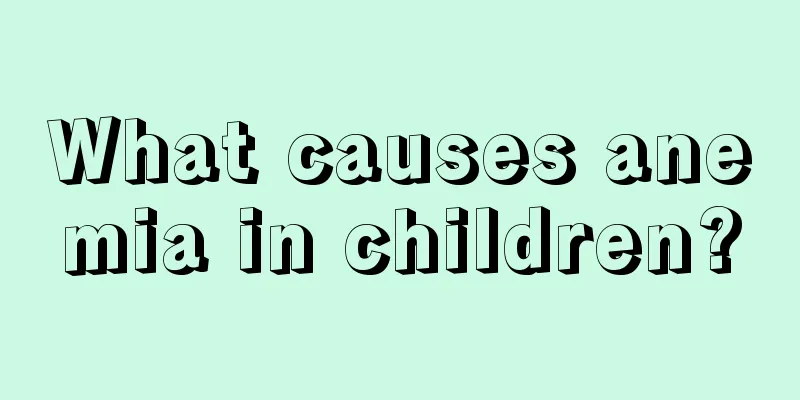How to treat baby's allergic rhinitis?
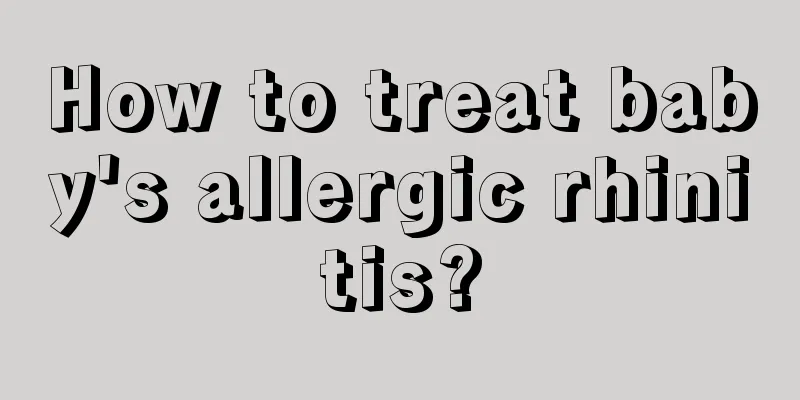
|
Because children's physical development is not yet complete, their body resistance is weaker than that of adults. When the weather turns cold or the climate becomes dry in autumn, you are more susceptible to disease. Allergic rhinitis is especially common among children. However, many parents do not have enough knowledge about allergic rhinitis. People often ask how to treat baby's allergic rhinitis. Next, let's learn about some common treatments of allergic rhinitis. Avoid contact with allergens The number of dust mites in the room should be less than 20/m2; maintain the relative humidity of the living space below 60%, but too low (such as below 30%-40%) will cause discomfort; sweep the carpet; wash bedding and curtains, mite allergens are soluble in water, and washing textiles can remove most of the allergens; use air purifiers and vacuum cleaners with filters. ②Avoid allergens during the corresponding pollen allergy season. ③ Patients who are allergic to animal fur should avoid allergens. Drug treatment The following factors should be considered: efficacy, safety, cost/effectiveness ratio, etc. Intranasal and oral administration are commonly used, and the efficacy may vary between different patients. There is no long-term sustained efficacy after discontinuation of the drug, so maintenance treatment is required for persistent allergic rhinitis. Prolonged treatment does not lead to rapid drug resistance. Intranasal administration has many advantages. High concentrations of drugs can act directly on the nose, avoiding or reducing systemic side effects. However, for patients with other allergic diseases, drugs need to act on different target organs, and intranasal administration is not the best choice. Systemic drug treatment is recommended. 1. Antihistamines: Oral or nasal second-generation or new H1 antihistamines can effectively relieve symptoms such as nasal itching, sneezing and runny nose. It is suitable for mild intermittent and mild persistent allergic rhinitis, and can be used in combination with nasal corticosteroids to treat moderate to severe allergic rhinitis. 2. Glucocorticoids: Nasal corticosteroids can effectively relieve symptoms such as nasal congestion, runny nose and sneezing. For critically ill patients who do not respond to other drug treatments or cannot tolerate nasal medications, oral corticosteroids can be used for short-term treatment. 3. Anti-leukotriene drugs: effective for allergic rhinitis and asthma. 4. Chromone drugs: They are effective in relieving nasal symptoms, and eye drops are effective in relieving eye symptoms. 5. Intranasal decongestants: They can relieve nasal congestion symptoms caused by nasal congestion. The course of treatment should be controlled within 7 days. 6. Intranasal anticholine drugs: can effectively suppress runny nose. 7. Traditional Chinese medicine: Some traditional Chinese medicines are effective in relieving symptoms. The treatment principles for children and the elderly are the same as those for adults, but special attention should be paid to avoiding adverse drug reactions. The above is a detailed introduction to the common methods of treating baby allergic rhinitis. For babies who often suffer from allergic rhinitis, parents should first prevent it from the indoor environment. Carpets, bedding, curtains, etc. should be cleaned regularly. Regular de-mite treatment is also necessary. For babies who have already developed allergic rhinitis, medication can be used to treat it. In addition, when the seasons change, you should avoid contact with flowers, plants and other things that are prone to allergies. |
<<: Why does my baby sweat so much?
>>: How to improve children's memory
Recommend
How to eat when children have indigestion and vomiting
As children grow up, the most common problem they...
What medicine should children take for fever and cold?
Children have very poor resistance. Now, if a fam...
Parents' Class: 6 words that hurt children's self-esteem the most
Keyword 1: I told you "I told you so" m...
What kind of milk can help babies grow taller?
What kind of milk can help children grow taller? ...
What should I do if my child has shortness of breath?
Breathing is essential for people to survive. If ...
What to do if your child's palms are burned
Parents are often worried about the symptom of ch...
Why does a child vomit after drinking water?
In life, children are quite active every day, esp...
Neonatal sepsis care?
Sepsis is a very common disease in normal times. ...
What should I do if my baby has a stuffy nose and runny nose?
The birth of a child is often accompanied by the ...
The child has a pimple on his eyelid
Sebaceous cysts are a common skin disease that us...
What should I do if my child has pharyngitis and cough?
Pharyngitis is a common disease. When people talk...
Symptoms and causes of baby's fever and convulsions
Symptoms of fever and convulsions in babies are q...
How to treat a four-year-old baby grinding his teeth at night
A four-year-old baby can already sleep by himself...
What should children pay attention to when they have chickenpox
The main symptoms of chickenpox are body pain, fe...
What should I do if my child has a hoarse voice? These methods deal with
If you find that your child's voice becomes h...
